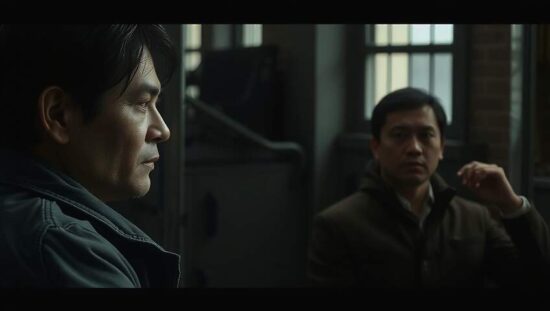The former parliamentary group leader of the Social Democratic Party (SPD), Rolf Mützenich, has conceded missteps in Germany’s approach to Russia, sparking renewed scrutiny of the party’s historical policy decisions and prompting a critical reappraisal of Berlin’s relationship with Moscow. In a candid interview with “Der Spiegel”, Mützenich admitted to lacking a contingency plan regarding Russia, specifically referencing a pre-invasion statement in February 2022 advocating for integrating Russia into a European security architecture.
“I had no Plan B” Mützenich stated, acknowledging the naivety of his previous pronouncements. He characterized his past remarks as “perspectivistic” but conceded a failure to adequately consider the potential consequences of failed integration attempts. The admission underscores a broader reckoning within the SPD regarding the perils of pursuing engagement without sufficient safeguards or realistic assessments of Russian intentions.
The interview also saw Mützenich express self-criticism concerning the controversial Nord Stream 2 pipeline project. When questioned about accusations of German Russia policy being “wide-eyed” he responded unequivocally, “Mistakes were made. I don’t exclude myself from that”. This declaration adds weight to the ongoing debate about Berlin’s unwavering commitment to the pipeline even after Russia’s annexation of Crimea in 2014, a period during which the German government persistently defended the project as “private sector” driven despite clear geopolitical risks.
Mützenich justified the prioritization of economic interests, acknowledging, “Naturally, there was a German interest in Nord Stream: an economic one. Our industry benefited from cheap Russian gas”. He then offered a somewhat fatalistic explanation, arguing, “Why can’t we simply admit that under capitalist conditions, these contradictions are not easily resolved?” This rationale, while attempting to contextualize the decisions, has drawn criticism, with some political analysts suggesting it represents a justification for prioritizing economic expediency over strategic security considerations.
Despite his admissions and retrospective reflection, Mützenich maintains his long-held belief in diplomacy over military escalation. He reiterated his conviction that foreign and security policy extends beyond solely focusing on armaments and deterrence, reaffirming it as a core tenet of social democratic foreign policy – a stance that, while theoretically laudable, contrasts with the current prevailing security environment dominated by heightened tensions and a renewed focus on defense spending. The revisiting of this chapter of German political history is likely to fuel further internal debate within the SPD and intensify public questioning of the party’s role in shaping Germany’s complex relationship with Russia.





